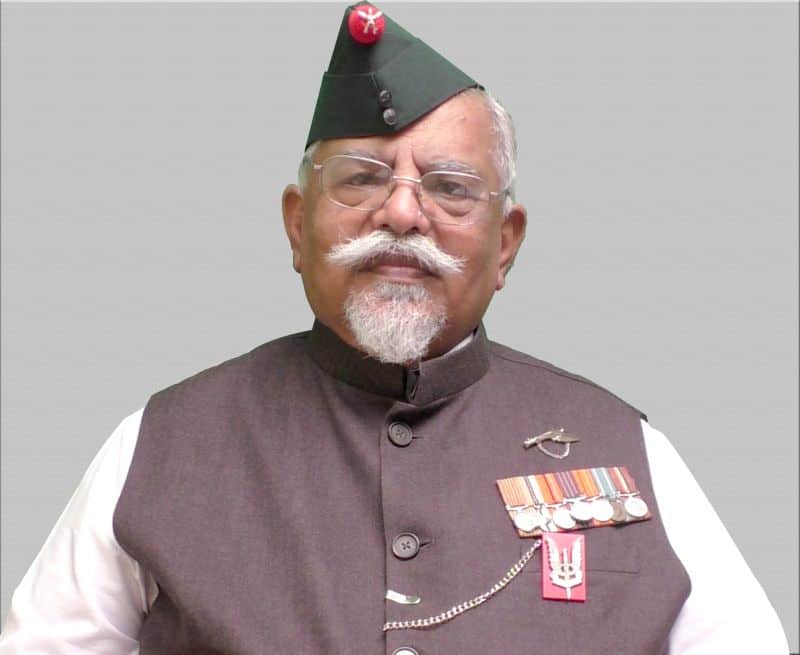There is an apocryphal legend in circulation that Quli Qutubsha, the fifth ruler of the Qutbshi dynasty fell in love with a rural belle Bhagmathi. After he ascended the throne of Golconda, he married her and established a township at the right bank of the Musi river and named after her as Bhagnagar. After few years she was given the title of Hyder Mahal and accordingly the new township name changed to Hyderabad. It is a factoid. If we were to buy this argument, Quli regularly used to meet his lady of love at once place regularly at the right bank of the Musi river. Definitely, she was dwelling around that place. That place was Chichulam, present Shalibanda area. However, the scholarly world is far from unanimous in this conclusion.
Historians like Harun Khan Sherwani in the medieval Deccan history writes that there was no evidence in contemporary and new contemporary sources linking Bhagyamma, the dancing girl, with the name of Hyderabad city. Even Quli Qutbshah’s written Khuliyat does not a make mention of Bhagamathi. More important than all, there is not a single book written in Telugu language makes a mention of Bhagamathi.
There is a reference to the new capital three times in the Kulliyat, not even once it is mentioned as Bhagnagar. Muhammad Quli was intensively religious in so far as the outward forms of Shi’sm were concerned and there is hardly a single ode in his collection which does not end in all invocation to the Prophet and the fourth Khalifan. It was only fitting for a monarch who had a Shia’ah divine of the caliber and the influence of Mir Munir as his chief adviser to have named the new city Hyderabad. This is further strengthened by a number of other facts: we know the first public building in the new city was Badshahi Ashurkhana sacred to the Shi’ah Imams, that the beautiful mosque over the Charminar has five openings after the traditional Shi’ah pattern, and that the different parts of the royal palaces were named after the Prophet and the Imams.
Telangana’s identity is not based on either language or religion; it is based on history. In the course of history, cultural characteristics and social structures have grown in Telangana. Telangana people instead of Telugu language cherish their history and traditions of cultural synthesis as their identity.
(Capt. L. Pandu Ranga Reddy is a renowned historian who is a Ph.D., F.R.A.S. (Lond.); F.R.N.S. (Eng.), M. R. Hist. S. (Lond.))

